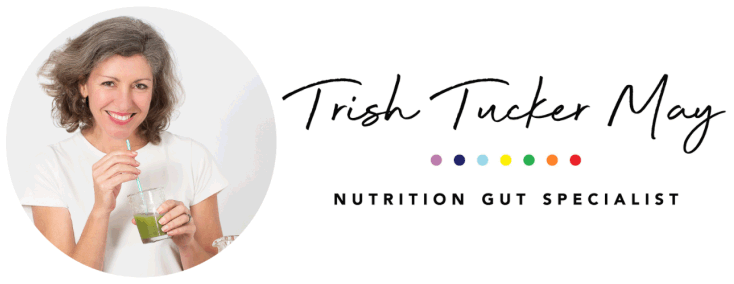Foods to avoid if you have diverticulitis.
Certain foods may cause of aggravate Diverticulitis:
- White rice, white bread, or white pasta, but avoid gluten-containing foods if you’re intolerant
- Dry, low-fiber cereals.
- Processed fruits such as applesauce or canned peaches
- Cooked animal proteins such as fish, poultry, or eggs
- Olive oil or other oils
Diverticulitis is a disease where by the Diverticula become inflamed. The ‘itis’ on the end of a word indicates inflammation.
In the diverticulitis disease, instead of being quite smooth and sausage shaped, the bowel starts to have little pockets along it. Waste can get trapped in these pockets. This can cause perforation of the bowel and dysbiosis (imbalance of gut microflora).
Diverticulitis is found in the large intestine. It happens when the walls of the colon lose elasticity. This is often something that accompanies the ageing process as we know by the wrinkles and saggy bits visible on our skin.
The bowel is working all the time, waste is pushed through via peristalsis and this along with adequate dietary fibre, water intake and some exercise helps to keep us regular and clear out toxins. Diverticulitis is much more common in those with as history of constipation and poor fibre intake and low activity levels – so you can see its much more likely to happen as we generally slow down and age.
Diverticulitis usually develops when naturally weak places in your colon give way under pressure. This causes marble-sized pouches to protrude through the colon wall.
Diverticulitis occurs when diverticula tear, resulting in inflammation or infection or both.
Award winning nutritionist Trish Tucker May suggests there are several factors may increase your risk of developing diverticulitis:
- Aging – the incidence of diverticulitis increases with age. As we age we have more of a build up of waste in the colon. Years of inflammatory foods can cause irritation and build up of faecal matter in the colon. It is worth identifying foods that cause inflammation through an elimination program to find out what foods inflame your body and cause unwanted digestive distress, obesity, diabetes and other common lifestyle diseases. This elimination is also to help you to become leptin sensitive which should ensure insulin sensitivity, regulated blood sugar, less food cravings, clarity of mind, better skin integrity and an overall improved sense of health and well-being.
- Obesity – being seriously overweight increases your odds of developing diverticulitis.
- Smoking – People who smoke cigarettes are more likely than non-smokers to experience diverticulitis.
- Lack of exercise – vigorous exercise appears to lower your risk of diverticulitis. The lymph plays a vital part in the main route of elimination. The lymph does not have a pump, like the heart. It requires gentle muscle contraction to be stimulated. If you have a sluggish lymph due to a lack of exercise, then you are also likely to have a sluggish colon. The slower the transit time, the greater risk of food and debris getting stuck.
- Diet high in animal fat and low in fiber. A low-fiber diet in combination with a high intake of animal fat seems to increase risk, although the role of low fiber alone isn’t clear. Too much dried or processed food is difficult for the colon. We want to give the body the swollen message of hydrated foods rather than dried processed foods. Foods high in fibre will mean transit time is more efficient. White rice, white bread, or white pasta, but avoid gluten-containing foods if you’re intolerant, dry low-fibre cereals and processed fruits such as applesauce or canned peaches are all to be avoided if you have digestive distress.
- Certain medications – Several drugs are associated with an increased risk of diverticulitis, including steroids, opioids and nonsteroidal anti-inflammatory drugs, such as ibuprofen (Advil, Motrin IB, others) and naproxen sodium (Aleve). It is possible that all synthetic drugs are compromising to the health of the colon. They are dehydrating and can cause inflammation.
If you are struggling with digestive discomfort please book a FREE 30 minute discovery call to see if I can help you manage your symptoms. https://trishtuckermaycalendar.as.me/
You can read more about this here https://blog.totalwellness.club/diverticulitis/
